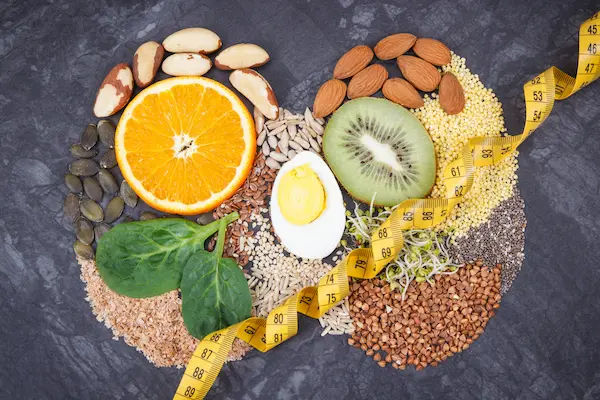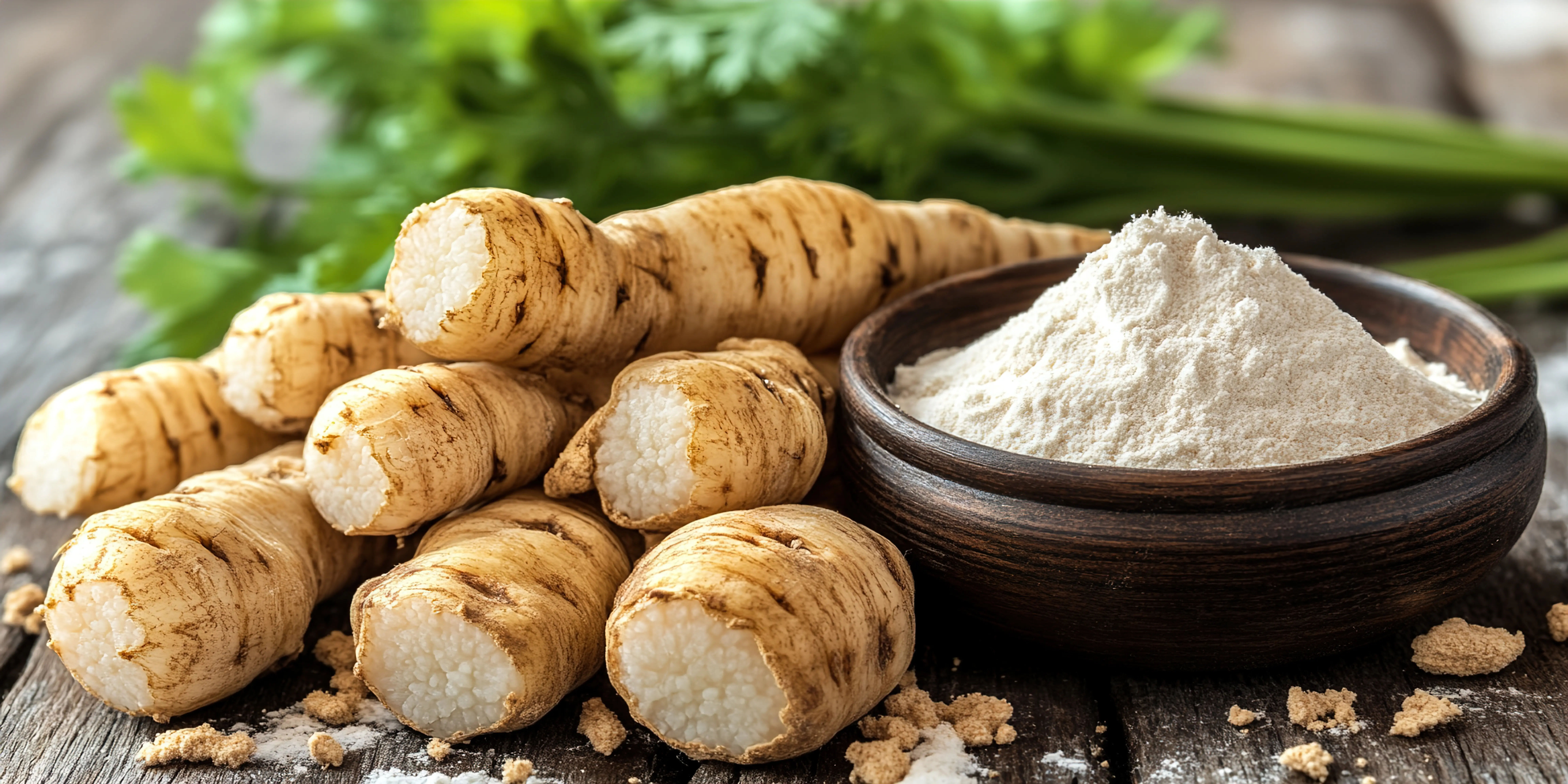Causes of Malabsorption in Adults
know about malabsorption, common causes, symptoms, diagnosis of malabsorption and managing malabsorption through diet and lifestyle tips.

Written by Dr. Vasanthasree Nair
Reviewed by Dr. Mohammed Kamran MBBS, FIDM
Last updated on 6th Aug, 2025

Introduction
Malabsorption is a condition where the body struggles to absorb nutrients from the food you eat. This can lead to deficiencies in vitamins, minerals, proteins, fats, and carbohydrates, affecting overall health. If you frequently experience digestive issues, unexplained weight loss, or persistent fatigue, malabsorption could be the cause.
In this article, we’ll explore the common causes of malabsorption in adults, its symptoms, and ways to manage it effectively.
What is Malabsorption?
Malabsorption occurs when the small intestine fails to properly absorb nutrients from food. This can happen due to problems with digestion (breaking down food) or absorption (taking in nutrients). Over time, untreated malabsorption can lead to malnutrition, weakness, and other health complications.
Common Causes of Malabsorption in Adults
Several conditions and factors can lead to malabsorption. Here are the most common ones:
1. Digestive Disorders
Celiac Disease – An autoimmune disorder where gluten (a protein in wheat, barley, and rye) damages the small intestine lining, reducing nutrient absorption.
Chronic Pancreatitis – Inflammation of the pancreas impairs enzyme production, affecting fat and protein digestion.
Crohn’s Disease & Ulcerative Colitis – Inflammatory bowel diseases (IBD) damage the intestinal lining, leading to poor nutrient absorption.
Small Intestinal Bacterial Overgrowth (SIBO) – Excess bacteria in the small intestine interfere with digestion and nutrient absorption.
2. Infections & Parasites
Giardiasis – A parasitic infection that damages the intestinal lining, causing diarrhea and malabsorption.
Tropical Sprue – A bacterial infection common in tropical regions that affects nutrient absorption.
3. Surgical Complications
Gastric Bypass Surgery – Weight-loss surgeries can alter digestion, leading to malabsorption.
Intestinal Resection – Removal of part of the intestine reduces the surface area for nutrient absorption.
4. Enzyme Deficiencies
Lactose Intolerance – Lack of the lactase enzyme leads to difficulty digesting dairy products.
Pancreatic Insufficiency – Low enzyme production affects fat and protein breakdown.
5. Other Medical Conditions
Liver or Gallbladder Disease – Bile production issues impair fat digestion.
HIV/AIDS can damage the gut lining and reduce nutrient absorption.
Diabetes – Poorly controlled diabetes can slow digestion and absorption.
Health topic carousel:
Doctor's speciality: nutrition
Text: Consult a Top nutritionist for advice
Symptoms of Malabsorption
If you have malabsorption, you may experience:
Chronic diarrhoea or greasy stools
Unexplained weight loss
Bloating, gas, and stomach cramps
Fatigue and weakness
Swelling in the legs (due to protein deficiency)
Easy bruising (vitamin K deficiency)
Bone pain (calcium and vitamin D deficiency)
If these symptoms persist, consult a doctor for proper evaluation.
How is Malabsorption Diagnosed?
Doctors may recommend:
Blood tests (to check for nutrient deficiencies)
Stool tests (to detect fat malabsorption)
Breath tests (for lactose intolerance or SIBO)
Endoscopy or colonoscopy (to examine the intestines)
Imaging tests (like CT scans or MRIs)
Managing Malabsorption: Diet & Lifestyle Tips
1. Dietary Changes
Eat Smaller, Frequent Meals – Helps digestion and nutrient absorption.
Avoid Trigger Foods – If you have celiac disease, eliminate gluten. For lactose intolerance, avoid dairy.
Increase Healthy Fats – If fat absorption is an issue, include medium-chain triglycerides (MCT oil).
Probiotics & Prebiotics – Support gut health (yoghurt, kefir, bananas, garlic).
2. Supplements
Enzyme Supplements (like pancreatic enzymes for pancreatitis).
Vitamin & Mineral Supplements (B12, iron, calcium, vitamin D).
3. Medical Treatment
Antibiotics for bacterial infections (like SIBO).
Anti-inflammatory drugs for Crohn’s disease.
Medications to manage underlying conditions (e.g., diabetes).
When to See a Doctor?
If you experience:
Persistent diarrhoea or weight loss
Severe bloating or abdominal pain
Signs of nutrient deficiencies (fatigue, brittle nails, hair loss)
Final Thoughts
Malabsorption can significantly impact your health, but with the right diagnosis and management, it can be controlled. Pay attention to your body’s signals, follow a balanced diet, and seek medical help if symptoms persist.
Health topic carousel:
Doctor's speciality: nutrition
Text: Consult a Top nutritionist for advice




